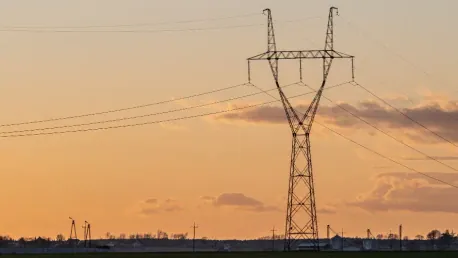
Oregon lawmakers are gearing up to introduce a bill that aims to prevent utility companies from hiking rates while unresolved lawsuits tied to wildfires are still pending. This legislative initiative is designed to shield consumers from having to shoulder the financial burdens associated with

Connecticut is at a critical juncture in its energy investment journey. The state's regulatory environment, led by the Public Utilities Regulatory Authority (PURA), has created significant challenges that could hinder necessary advancements in energy infrastructure. This article explores the

The increasing energy demands in the United States, driven by the shift from fossil fuels, the adoption of electric transportation, and the growing need for data, are pushing the energy sector to evolve. One of the most promising advancements in this field is the development of digital substations.

The Alabama Public Service Commission (PSC) has come under significant fire for its refusal to allow public participation in the process of setting fuel cost rates for Alabama Power. State laws support public intervention in these proceedings, yet the PSC has consistently denied requests from clean

The energy landscape in Australia and New Zealand is on the brink of a significant transformation. A new strategic partnership between Sense, a leader in embedded intelligence, and Landis+Gyr, a global provider of integrated energy management solutions, is set to revolutionize energy management in

Amidst a fast-evolving energy sector marked by innovation and automation, Atmos Energy has captured the attention of key investors and analysts alike, raising important questions about its future growth and profitability. Townsquare Capital LLC's significant adjustment in its investment with an